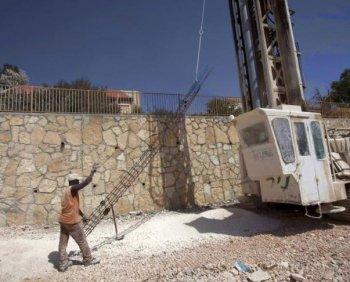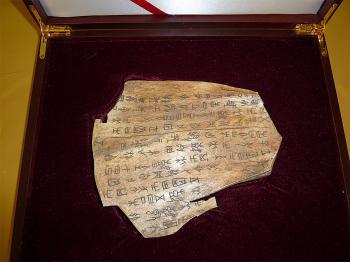Those visiting the Web site of the Sri Lankan Parliament during the last several days may have noticed that the Parliament’s calendar has not been updated since Feb. 5, perhaps a portent of the Sri Lankan president’s dissolution of that government body, effective Wedneday.
President Mahinda Rajapaksa dissolved Parliament at midnight, Feb. 10, and new elections will most likely occur on April 8, according to the BBC. The 225-member body was to finish its term on April 22, but the dissolution comes on the heels of the arrest of Rajapaksa’s political opponent, General Sarath Fonseka.
Rajapaksa won a second term as president on Jan. 26, defeating the general with 58 percent of the vote to his 40 percent. While Rajapaksa headed a 105-seat coalition, 82 assembly members supported Fonseka, according to Business Week.
As previously reported by the Epoch Times, Rajapaksa has accused Fonseka of conspiring with opposing political forces, while he was still in the military, with the goal of overthrowing the government.
On Feb. 8, Fonseka was arrested and is awaiting a court martial. It was the same day he had promised to give evidence to an international war crimes tribunal brought against Sri Lanka over alleged government abuses in the civil war period. Fonseka had helped defeat the Tamil Tiger separatists, a terrorist group that had kept Sri Lanka locked in a civil war for 25 years until last May.
President Mahinda Rajapaksa dissolved Parliament at midnight, Feb. 10, and new elections will most likely occur on April 8, according to the BBC. The 225-member body was to finish its term on April 22, but the dissolution comes on the heels of the arrest of Rajapaksa’s political opponent, General Sarath Fonseka.
Rajapaksa won a second term as president on Jan. 26, defeating the general with 58 percent of the vote to his 40 percent. While Rajapaksa headed a 105-seat coalition, 82 assembly members supported Fonseka, according to Business Week.
As previously reported by the Epoch Times, Rajapaksa has accused Fonseka of conspiring with opposing political forces, while he was still in the military, with the goal of overthrowing the government.
On Feb. 8, Fonseka was arrested and is awaiting a court martial. It was the same day he had promised to give evidence to an international war crimes tribunal brought against Sri Lanka over alleged government abuses in the civil war period. Fonseka had helped defeat the Tamil Tiger separatists, a terrorist group that had kept Sri Lanka locked in a civil war for 25 years until last May.


